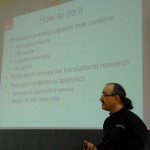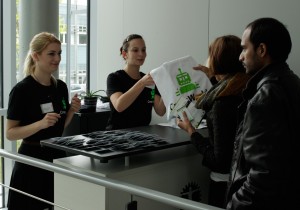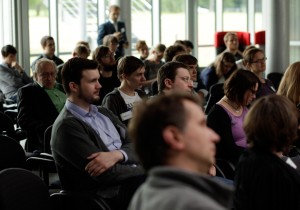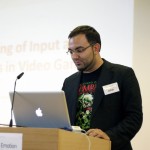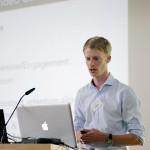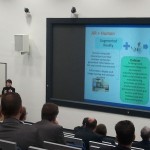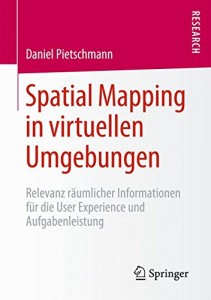 The dissertation thesis from Dr. Daniel Pietschmann has been published by Springer in their new psychology research line. The book is written in German and constitues a revised version of the original thesis, concentrating on the theory and implications of spatial information and its use in virtual environments for entertainment or learning purposes.
The dissertation thesis from Dr. Daniel Pietschmann has been published by Springer in their new psychology research line. The book is written in German and constitues a revised version of the original thesis, concentrating on the theory and implications of spatial information and its use in virtual environments for entertainment or learning purposes.
The book also features an extensive review of cognitive UX concepts and studies on stereoscopy and natural mapping and is aimed at scholars in the fields of psychology, communication studies and human computer interaction as well as designers of virtual environments. It is available as softcover print or eBook via SpringerLink (and thus it’s free for many universities), Amazon and other retailers.
